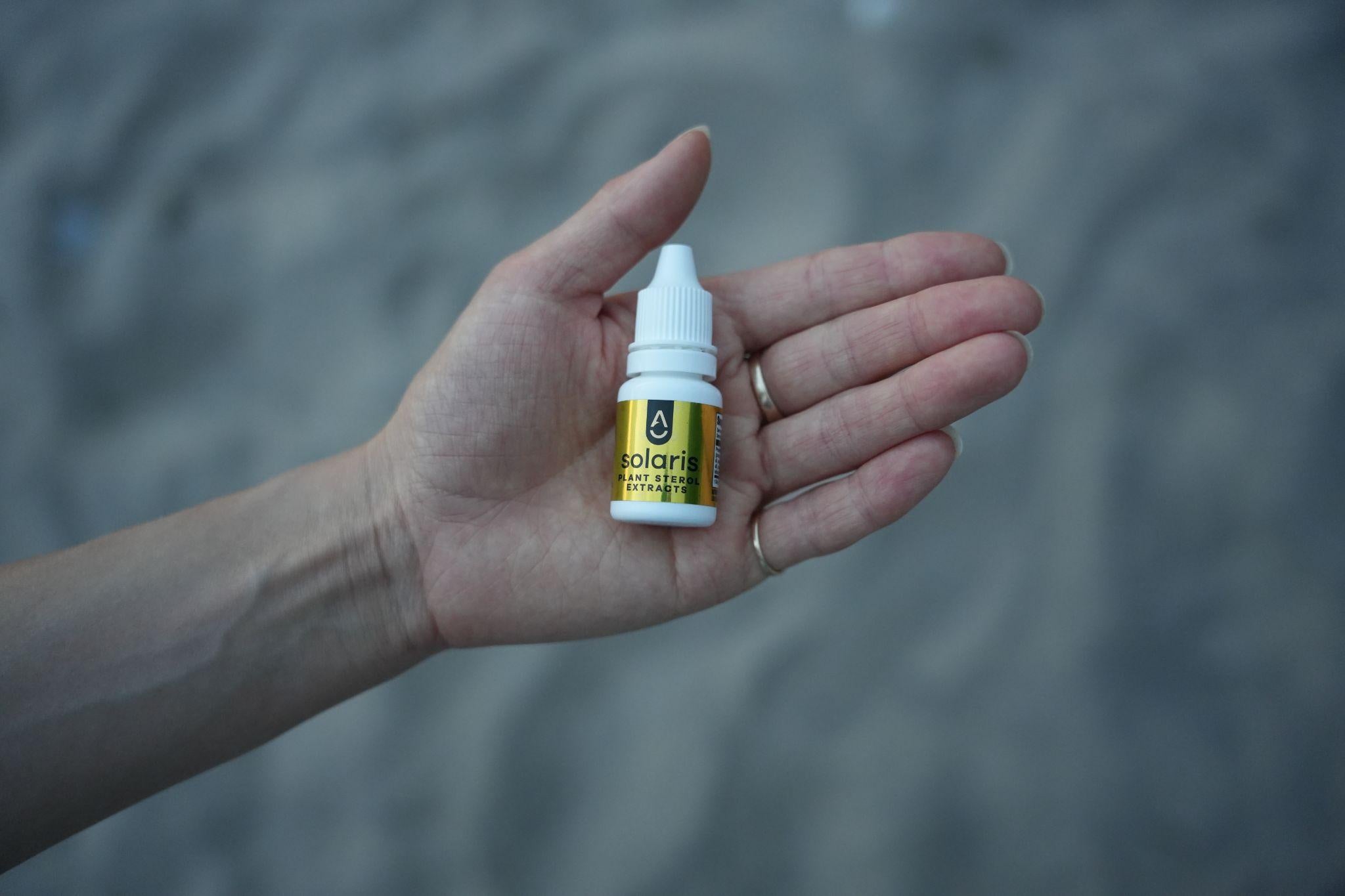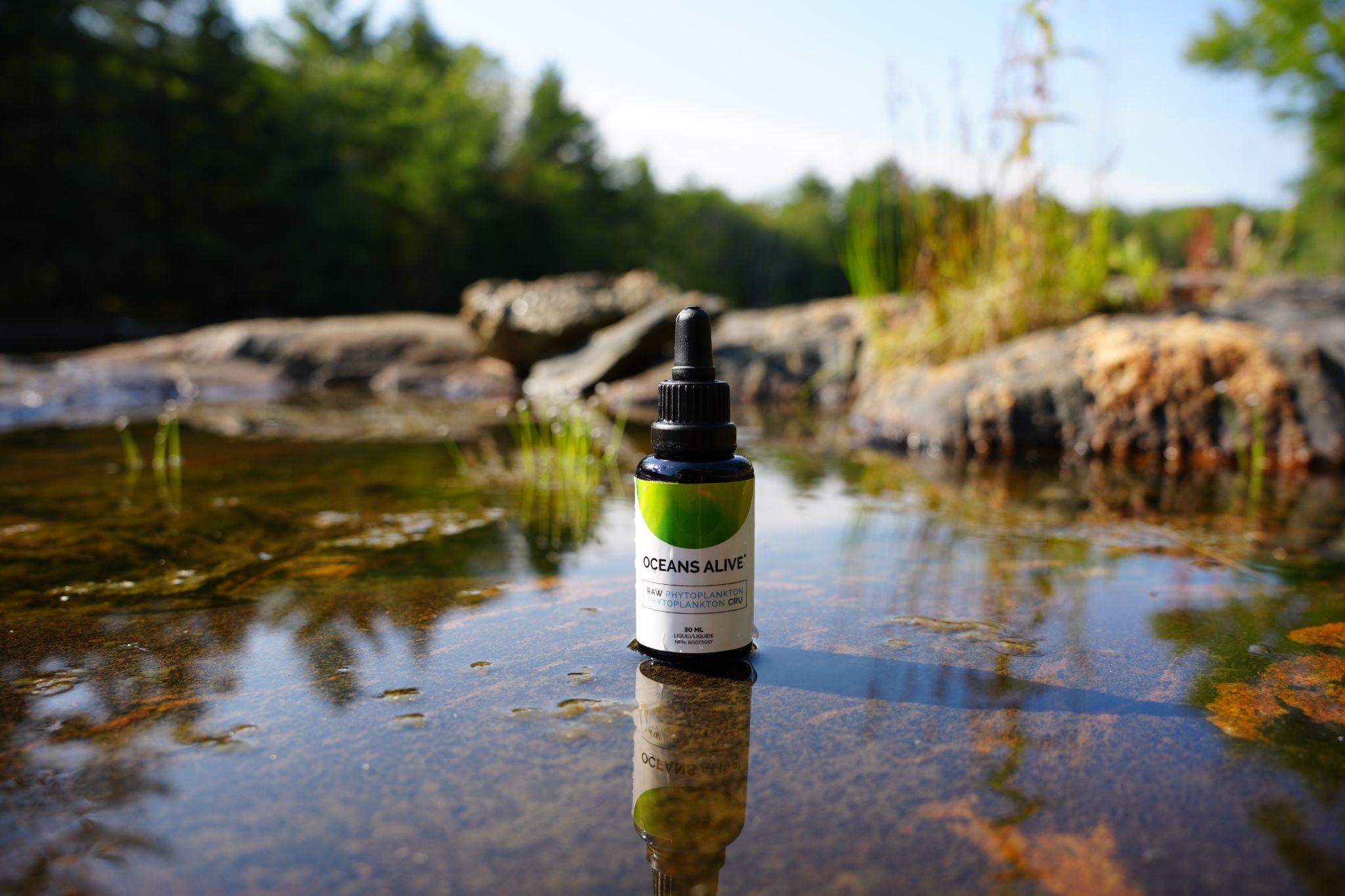
When I hear the words “gut flora,” I always picture a garden of flowers. All those good bacteria turn into roses, violets, daisies, and tulips, all keeping my body in top form. Anyone else see that? Or maybe seaweed floating in the ocean that is your stomach?
In reality, “gut flora” refers to the microbial bacteria in our guts. Did you know that microbial cells make up 90% of our cells? It’s true! These cells hang out in multiple areas of the body but are most concentrated in the gut. They neutralise toxins, keep the gut healthy, support the immune system, help maintain a healthy weight by absorbing nutrients more effectively, and inhibit yeast and bad bacteria. They are the heavy lifters of your digestive system, so it’s important to feed them well and keep them in balance.
However, beneficial gut microbes are vulnerable to bad bacteria, which also hang out in the stomach and intestines. Some common bad bacteria include salmonella and campylobacter. We also have Escherichia coli, which is usually harmless but can sometimes cause diarrhoea. The stomach is also a great place for yeast to grow, which damages good flora. If bad bacteria outnumber the good in your stomach, your gut flora can be overwhelmed, threatening your digestive and overall health.
One of the best things you can do to maintain healthy gut bacteria is to eat a great diet. While gut flora might not actually be flowers, they do flourish when you feed them colourful, plant-based foods. Conversely, certain foods can harm them. Let’s take a look at some of the biggest offenders.

Dairy
We all know the commercials for milk and dairy products that tell us it will make our bones strong, our teeth sharp, and our overall health better. But for a lot of people, dairy is actually really hard to digest. Gut health specialist and best-selling author Dr. Vincent M. Pedre, M.D. says, “For many people, the two proteins in milk (casein and whey) are hard to digest and can lead to food sensitivities. Many people also lack sufficient quantities of the enzyme lactase to break down the lactose in milk, creating symptoms like gas, bloating, and diarrhoea as gut bacteria ferment this sugar instead.” Try swapping in some almond, coconut, or hemp-based milk products and see if you notice a difference.

Gluten
Gluten increases the production of a protein called zonulin. Zonulin in turn breaks apart the junctions in your digestive tract. It also causes inflammation. Up to 30% of Americans have a gluten sensitivity, and many don’t know they have one. “When you eat gluten in moderate amounts—for example, a twice-weekly serving of toast or pasta—your body has a chance to tighten up those junctions and maintain intestinal health,” Raphael Kellman, M.D., a specialist in integrative and functional medicine and author of The Microbiome Diet told Redbook. “But when you are continuously exposed to gluten, your tight junctions often remain open, causing you to develop a leaky gut.” And leaky gut results from inflammation, which usually leads to weight gain.
Gluten is found in most grains, like wheat, rye, and barley. But it’s also used as a filler, so it can hide in things like condiments, sauces, and packaged foods.

Refined Sugar
Just like yeast thrives on sugar when making bread, it also thrives on sugar in your gut. Feeding your gut a lot of sugar allows yeast to take over the good gut bacteria. Eating sugar can also cause dysbiosis, an imbalance in gut flora, leading to stomach troubles like acid reflux or diarrhoea, and affecting every part of the body. Reducing the amount of sugar you eat can help prevent this imbalance.
Darcy McConnell, MD, a doctor with the Blum Center for Health, in Rye Brook, NY details a list of conditions that make her wonder about a gut flora imbalance:
- Hormonal imbalance – we know that certain bacteria encourage an imbalance in hormones.
- Autoimmune diseases show clear links to overgrowth of some bacteria.
- Joint aches and pains can be caused by leaky gut, which is usually a consequence of some kind of imbalance in the gastrointestinal microbiome.
- Neurological and psychiatric disease is being traced back to problems with our microbes.
-
Weight loss resistance is often a consequence of over (or under) growth of the bacterial flora.
Basically, any inflammatory process can be traced back to the gut.
Reducing the amount of sugar you eat can really help prevent this imbalance. Remember, sugar doesn’t just mean candy. You also find refined sugar in alcohol, in refined flours, and as a preservative in packaged foods.

Fried/Processed Foods
In order to give our good gut bacteria a happy place to live, we want to keep our intestinal walls strong and inflammation down. Unfortunately, vegetable oils (and foods fried in them) like sunflower, safflower, and canola oils will cause a lot of inflammation, and can damage our intestinal lining. That’s because they’re high in omega-6 fatty acids, which are inflammatory.
And when we eat a diet high in processed oils and fried and processed foods, we’re eating a lot of the same ingredients over and over again: simple carbs and fatty acids. This means we’re reducing the biodiversity in our guts, which is the opposite of what we want.
Hyperbiotics reports, “ In one memorable experiment, professor of genetic epidemiology Tim Spector found that when his adult son ate strictly fried foods and junk foods for a week, he lost about a third of the species of bacteria in his microbiome, including many beneficial ones. And among the species that stuck around, one linked to problems with weight really flourished. Similar results have been found in other studies.”
What we do want is a diet that’s highly diverse, to promote a wide range of flora in the gut. Consider swapping canola oil for coconut oil, avocado oil, or pumpkin oil. And eat as few processed food items as possible. Keep it diverse to keep your gut happy!

The One Oil to Keep Your Gut Flora Happy
While we want to avoid the foods that actively hurt the gut flora, we don’t want to forget to highlight the ones that actively help keep the gardens in our bellies flourishing.
Coriander oil is healing for your intestinal lining and contributes to an ideal environment for healthy gut bacteria. This makes it an excellent companion for prebiotics and probiotics.
Recent research has also shown that coriander oil can help with the absorption of omega-3 fatty acids. This is significant because studies demonstrate that omega-3s help probiotics attach to the intestinal tract.
In other words, combining your probiotics with omega-3s helps them to be more effective. Adding coriander oil to the mix ensures that you are getting maximal absorption of the omega-3s.
A smoothie with prebiotic fruit (like grapefruit or peaches), probiotic yoghurts, flax oil for omega-3s and coriander oil might just be the perfect gut health breakfast!
Healthy digestion and a strong immune system never tasted so good.
Related links:
http://www.pcrm.org/media/online/sept2014/seven-foods-to-supercharge-your-gut-bacteria
http://www.yakult.co.uk/the-digestive-system/gut-bacteria-science
https://www.telegraph.co.uk/health-fitness/nutrition/the-30-day-gut-makeover/
https://blog.kettleandfire.com/leaky-gut-foods/
https://www.mindbodygreen.com/articles/the-best-and-worst-foods-for-gut-health
https://www.ncbi.nlm.nih.gov/pmc/articles/PMC3820047/
https://blumhealthmd.com/2017/06/17/what-is-dysbiosis/
https://www.redbookmag.com/body/healthy-eating/advice/g2395/bad-foods-for-gut-health/












Boost Your Energy Levels with Black Cumin
Sciatic Pain: What Is It and How Can I Heal It?